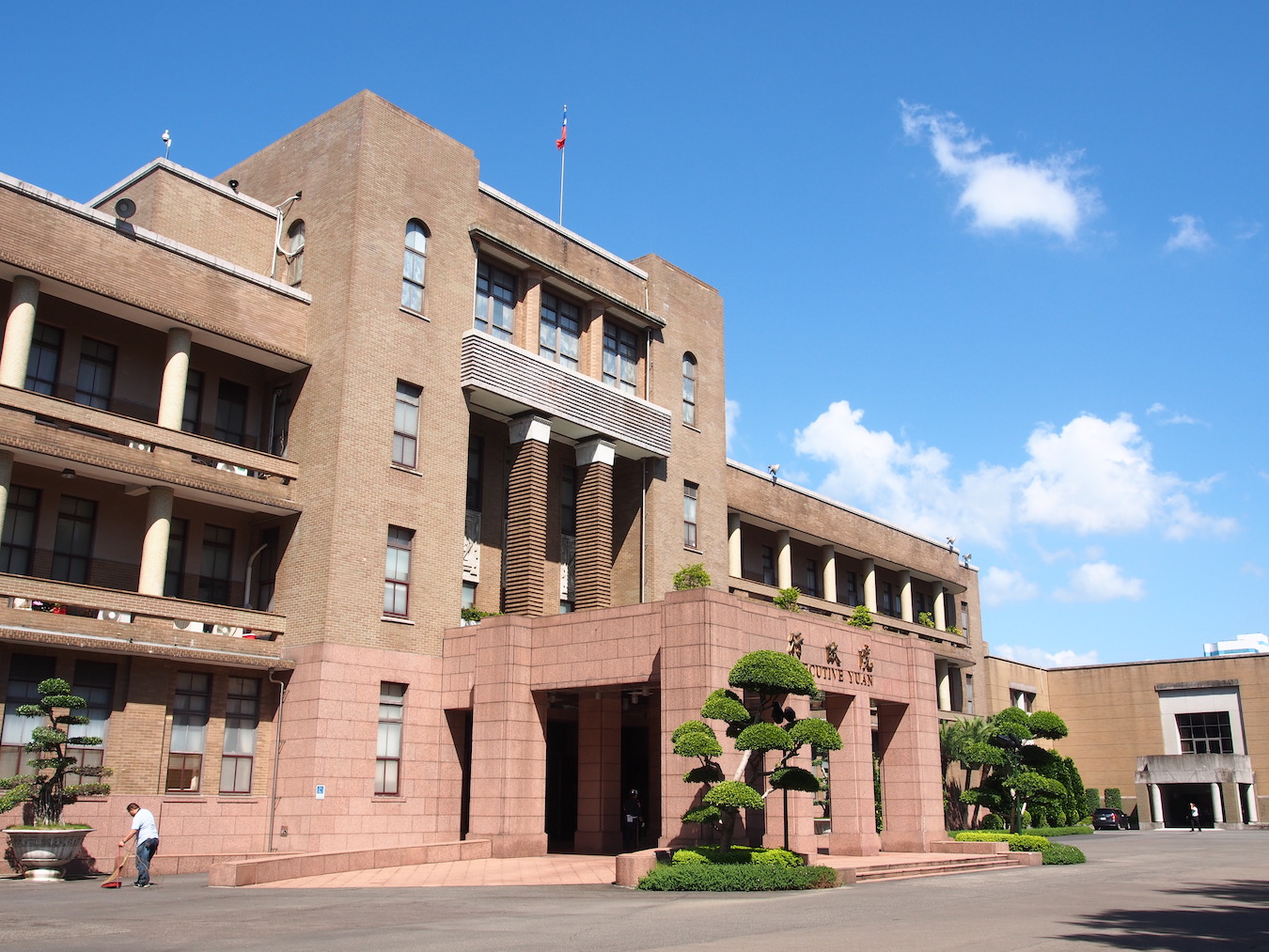by Brian Hioe
語言:
English
Photo Credit: 玄史生/WikiCommons/CC0
DPP LEGISLATORS Fan Yun and Kao Chia-yu held a press conference late last year to call for stronger action on the misuse of sexually explicit images, such as revenge porn, deepfakes, or images otherwise taken without consent and used for coercive purposes. The press conference was held jointly with civil societies such as the Judicial Reform Foundation, Taipei Women’s Rescue Foundation, and Garden of Hope Foundation, the latter two of which are prominent women’s groups in Taiwan. The press conference was to call for changes to a draft bill from the Executive Yuan on the issue.
In particular, Fan and Kao criticized existing penalties for misuse of sexually explicit images as too weak, in that penalties are less than two years in jail. Fan and Kao claimed that this was insufficient to be a deterrent on the use of sexually explicit images for blackmail and other coercive means.
Likewise, Fan and Kao were critical of that the current laws do not do enough to address the issues of how images on the Internet take on a life of their own, beyond where they were originally posted, in that they may continue to spread independently of the original post on social media or on a website.
Their criticisms were with regard to a number of related issues, such as that the current bill specifies that offending images be removed “immediately”, but that language originally mandating that images be removed within 24 hours was removed. Fan and Kao’s view may be that specifying a timeframe for removing the images may prevent their spread. To this extent, the press conference brought up an example of a ruling in which a judge did not rule that images were spread because they were only shared with one other individual, as one case in which the law fell short of addressing issues regarding the spread or potential spread of images.
 Photo credit: Venation/WikiCommons/CC BY-SA 3.0
Photo credit: Venation/WikiCommons/CC BY-SA 3.0
The perpetrator that posts images is not required to take them down personally, but the platform is required to take them down, which is handled using the search and seizure procedures of the Code of Criminal Procedure. The relevant aspects of Criminal Law currently used for the draft bill also do not take into account how sexually explicit images can be used to threaten victims with their exposure, nor is a mechanism set up for providing for images to be reported and taken down.
The original language of the bill that would have required images to be taken down by platforms within 24 hours was taken out because of the fact that images may be hosted on overseas service providers. This is also seen as an element that the current draft legislation does not do enough on.
Kao and Fan called for the bill to be swiftly amended and then passed into law in the current legislative session. Fan emphasized in comments that the issue was not sexually explicit images themselves, but images circulated without the consent of those within them.
In particular, Kao was previously the victim of a domestic assault case from her then-partner, Lin Bing-shu, and was reportedly threatened by Lin with releasing sexually explicit images, which is one of the reasons that Kao is involved in the legislation. Likewise, Kao was one of the victims of a deepfake ring run on Telegram that circulated doctored images and videos of mostly female Taiwanese politicians, YouTubers, and other public figures. The deepfake ring has been compared to South Korea’s “Nth Room” incident and had over 8,000 users, some of which commissioned custom videos of lesser-known, non-public individuals from the ring.
At the same time, it is possible that calls to strengthen legislation to address the issue of sexually explicit images circulated without the consent of those in them will run up against Internet privacy concerns, such as sank the National Communications Commission’s draft Digital Intermediary Services Act this summer. The Digital Intermediary Services Act also aimed to deal with the issue of revenge porn, deepfakes, disinformation, and the like, but was criticized because the scope of the regulations was seen as unclear and wide-ranging and because it places the onus on platforms to self-regulate.
However, regulation proves difficult for smaller, volunteer-run platforms such as Internet forums such as PTT and Bahamut to handle, given a lack of resources compared to larger platforms. Some platforms lack a clear legal entity and requirements to remove offending images in a certain timeframe may require combing through vast amounts of innocuous content for the small amount that is illegal–a way in which the legislation was criticized for treating all platforms as though they were the same.
Nevertheless, Kao may perhaps be in a good position to navigate the concerns of both sides. Kao was among those that criticized the draft Digital Intermediary Services Act early on, citing the dangers to freedoms of speech. It is to be seen how the concerns of both sides are balanced, then, in future draft legislation.

